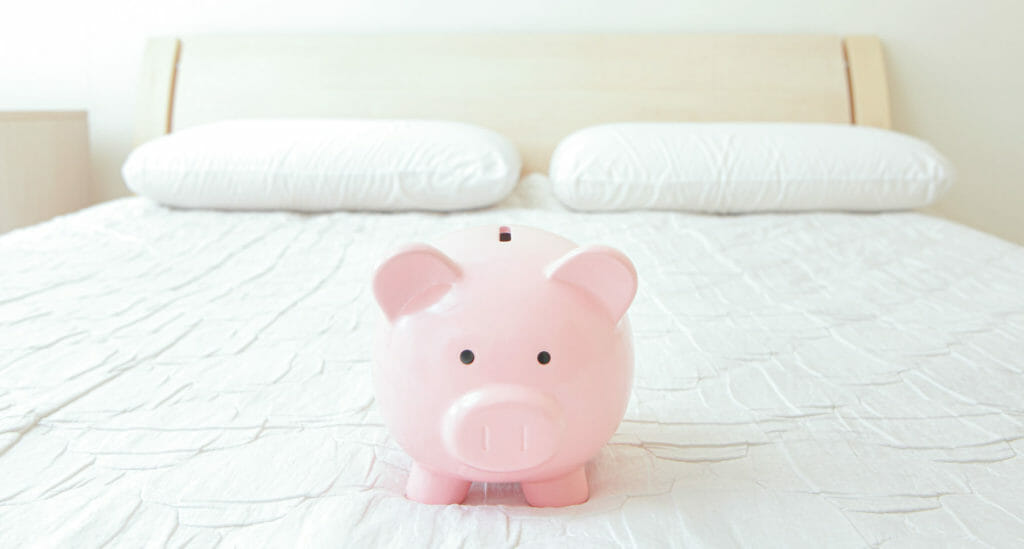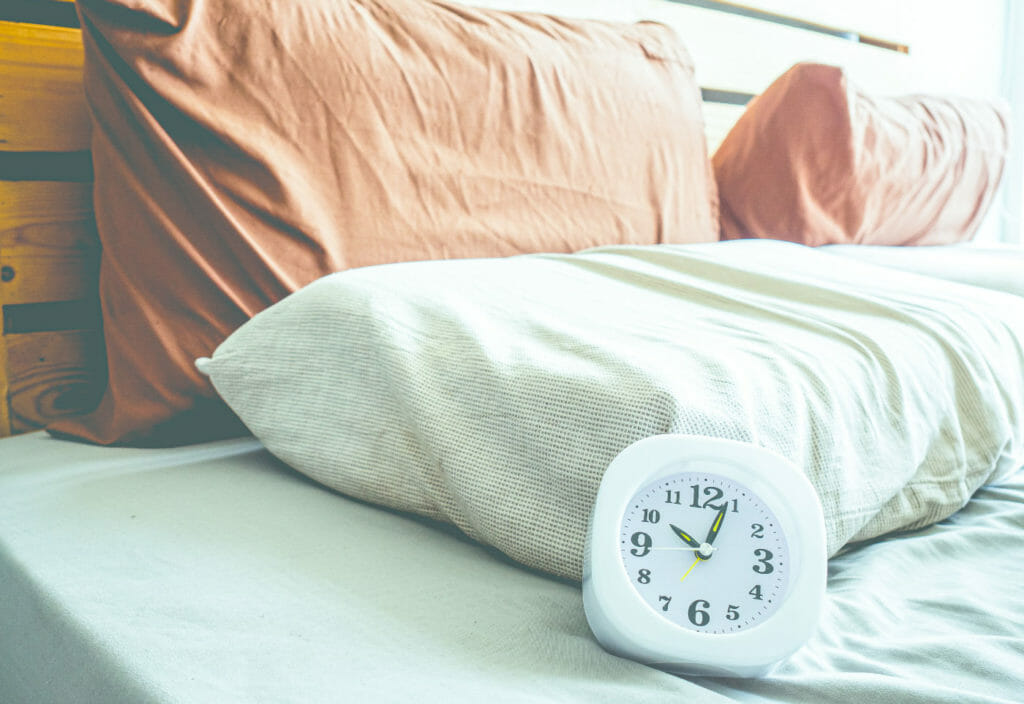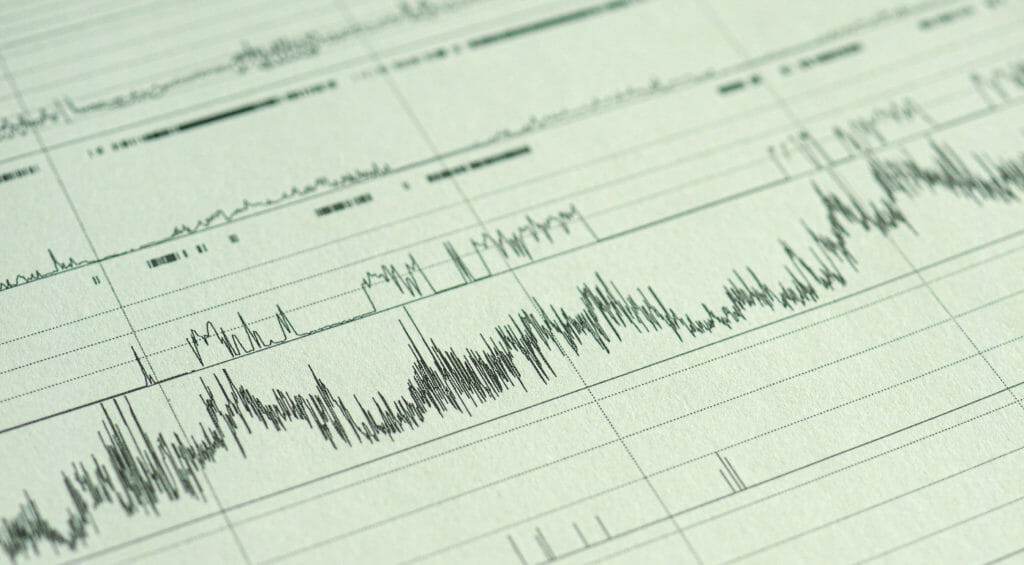
Do you feel sleepy during the day, even though you feel like you get enough hours of sleep at night? Feeling tired during the day on a regular basis can be a sign of an undiagnosed sleep disorder.
To find the cause of your disrupted sleep and come up with a solution, your doctor might recommend a sleep study. But how much does a sleep study cost?
What Is a Sleep Study?
A sleep study, also called polysomnography (PSG), is a test done to diagnose Obstructive Sleep Apnea, the complete or partial obstruction of your airway during sleep.
Sleep studies are also used in combination with other clinical assessments and tests to diagnose a variety of other sleep disorders, including narcolepsy, sleep-related movement disorders, and certain parasomnias.
Typically, a sleep study is recommended for people who experience regular daytime sleepiness, even when they sleep for seven to eight hours during the night. Signs of daytime sleepiness include suddenly dozing off, excessive yawning, and difficulty keeping your eyes open. Excessive daytime sleepiness is associated with impaired work performance, fatigue, poor concentration, and an increased risk of drowsy driving.
How Does a Sleep Study Work?

During a sleep study, the patient sleeps with electrodes attached to their head and body. The electrodes monitor a variety of physiological variables, including brain waves, sleep stages, respiratory effort, airflow, presence and absence of snoring, oxyhemoglobin saturation, electrocardiography, body position, and eye and limb movements.
Doctors use all of this information to understand what’s affecting your sleep and how to fix it.
The sleeping room has a complex video and audio system that allows the technologist to see, hear, and communicate with the patient without entering the bedroom.
Sometimes, sleep studies can happen in your own home. Your medical professional can rent you the machine you need to record your own sleep, and then you’ll discuss the results with them afterwards.
How to Prepare for a Sleep Study
If you’re going to take part in a sleep study, your doctor will give you instructions. But it’s very important not to have any caffeine before your sleep study. Consuming caffeine, whether it’s in the form of alcohol, cigarettes, or food, can affect the results of the test and hide an underlying sleep disorder.
Based on findings from this study, you should abstain from caffeine for six to eight hours before the sleep study.
If you’re feeling anxious about a sleep study, it can help to have a tour of the sleeping room ahead of time. You can even watch a video online to get an idea of what it will be like, and you can talk through any anxiety with your doctor or nurse.
You can also bring your own pillow to the sleep study to make yourself more comfortable.
How Much Does a Sleep Study Cost?

The cost of a sleep study depends on whether it happens in your own home or in a laboratory. A laboratory-based sleep study costs more than a home-based study.
The cost of laboratory-based sleep studies ranges widely, from $500 to $3,000, based on your insurance coverage in your country or state.
Home-based sleep studies are not as in-depth but provide enough information for your doctor to make treatment decisions. You will be given a portable machine and instructions on how to record your own sleep. You will be charged for the equipment rental, physician assessment fee, and disposable devices used during the test, so the fee can range significantly.
Should You Get a Sleep Study?
Just like other medical tests, you’ll need to discuss the possibility of a sleep study with your licensed healthcare practitioner. In my practice, I may recommend a sleep study based on the person’s initial holistic sleep history assessment.
If other changes aren’t helping you sleep better, a sleep study might help you find out what’s affecting your sleep. That way, you can work on applying solutions and get back to enjoying a refreshing sleep every night.